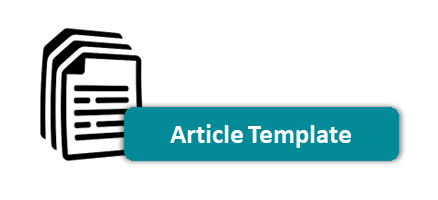The Factors that Enhance the Ability of Internal Auditors to Detect Fraud
Work Experience, Education, & Integrity
Abstract
Fraud remains a serious issue across various sectors in Indonesia, affecting profit-oriented companies, non-profit organizations, and government institutions alike. To combat fraud, preventive measures are necessary, including strengthening internal control systems through the role of the Internal Audit Department. This study aims to examine the factors that enhance the ability of internal auditors to detect fraud, specifically: Work Experience, Education, and Integrity.
The research method used is qualitative, with a literature review approach. Based on theoretical reviews and previous studies, it is found that Work Experience, Education, and Integrity significantly influence the ability of internal auditors to detect fraud. Experienced auditors possess a deep understanding of business and internal controls, the ability to assess fraud risks, and better investigative skills. Formal and continuous education provides auditors with extensive knowledge and better analytical capabilities. High integrity ensures that auditors act honestly, decisively, and responsibly while performing audit tasks.
The conclusion of this study emphasizes the importance of work experience, education, and integrity in enhancing the ability of internal auditors to detect fraud. Recommendations for organizations include providing support for the development of auditors' work experience, ensuring formal and ongoing education, and instilling values of integrity within the work culture.
Downloads
Published
How to Cite
Issue
Section
License
Copyright (c) 2024 Jurnal Manajemen, Akuntansi dan Logistik (JUMATI)

This work is licensed under a Creative Commons Attribution-ShareAlike 4.0 International License.








